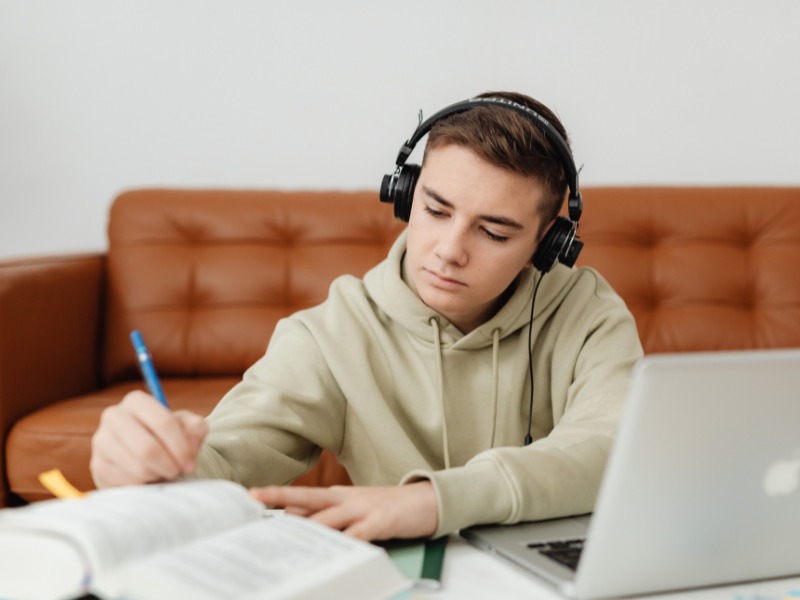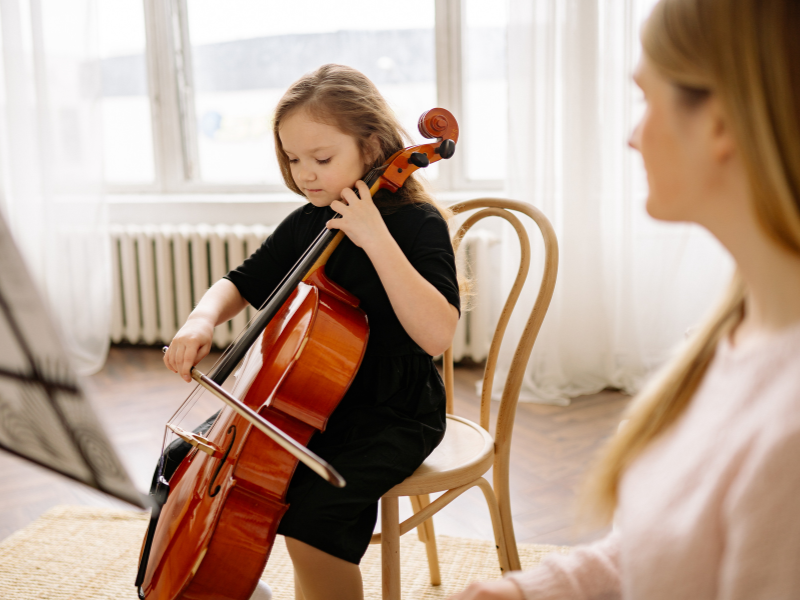
Research Updates

Here at Bigger Better Brains we believe that through educating yourself, you can then educate and affect positive change in your community.
With all of the research in the field of neuromusical science, our BBB Research section serves as a content hub for you. We regularly share findings and break down the latest research to educate and inspire discussion. We hope you enjoy this page on our website and share BBB news with your colleagues, parents and students.
A school transformed itself by giving every student a violin
This is where the power of the story is. It is not simply that music learning has transformed a school and its students; it is HOW it has done it.
Could music help improve students’ ability to learn?
As students worldwide are having educational experiences that are a little or a lot different to their “normal”, teachers are looking for ways to maintain students’ engagement in a similar way to when they are attending “normal” school.
Music hits the mark to improve our memory
For almost a decade now we have understood that music listening activates the reward network in the brain.
Little ears are listening: How babies learn to talk before they’re even born
This article is packed with fantastic research from the MARCS Institute in Sydney, Australia. It is vital to study the first developmental steps in all areas of life.
Music learning increases pre-reading skills and vocabulary
The results of this study found that early childhood music training can lead to associated improvements in both musical skills and language skills!
Language is music to a baby’s brain
In this study, they found that 9-month-old babies who had one month of exposure to directed music listening improved not only their auditory processing of music but also their language!
Musical play is a must for preschoolers
What is musical play? Is it bashing on an upturned drum in the playground or banging pots and pans on the kitchen floor? Well, it can be both.
Music learning enhances executive function in preschoolers
After 12 weeks of 35 minutes of active music learning every day, randomly chosen preschoolers in the experiment group had higher scores on all of these executive function measures.
Auditory roots of literacy skills
Here is a great article to take along to your next staff meeting or use as a discussion point with other teachers in your school, particularly if it is a primary or elementary school.
Rhythm can predict risk of language disorders
Here is a fascinating new theoretical paper about the relationship between rhythm and language abilities. A theoretical study is one that brings together all the relevant current research and puts forward a theory of, in this case, how two concepts may be connected.
Make your brain more efficient
How efficiently is your brain working today? Music learning trains the brain to use fewer brain resources when compared with non-musically trained people (and in this case those who are also bilingual).
Background music ‘significantly impairs’ creativity
Do you use background music when you are completing a creative task? If you do, do you find that your creative output is better, more innovative or unexpected, or does the background music hinders these outputs?





















